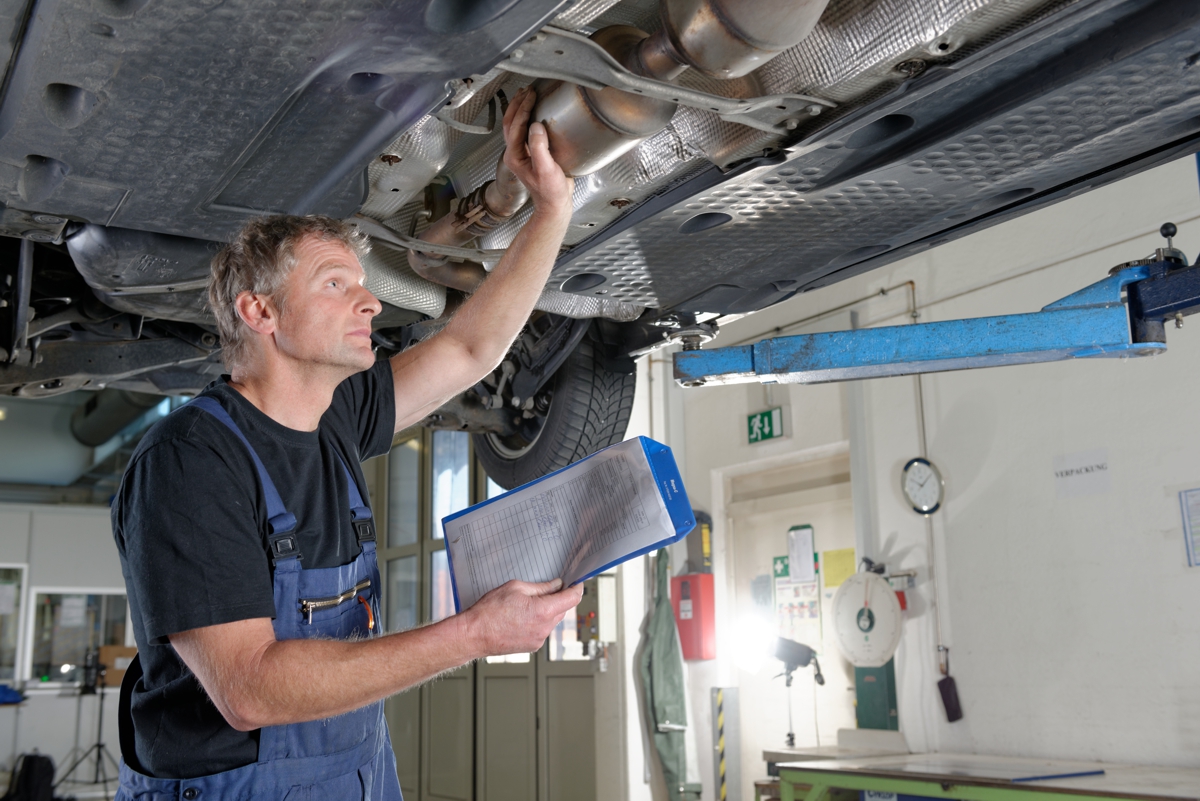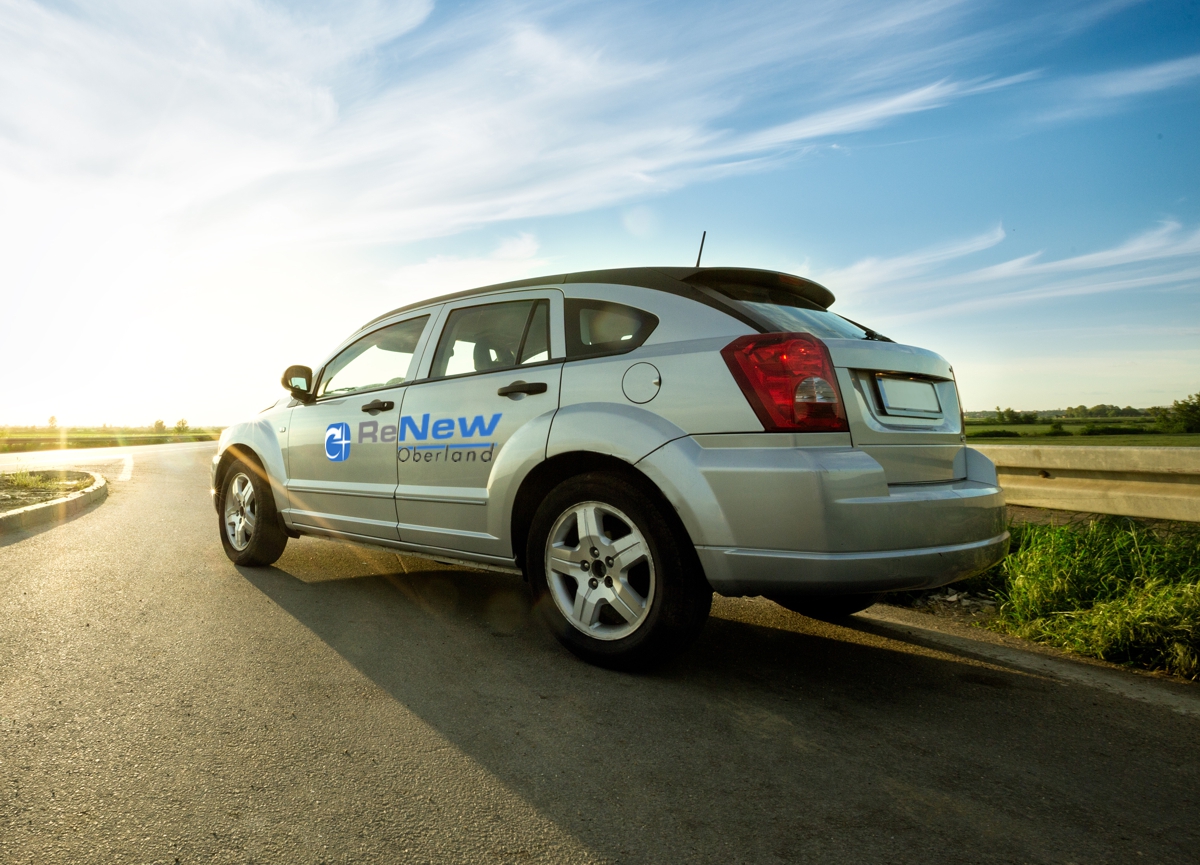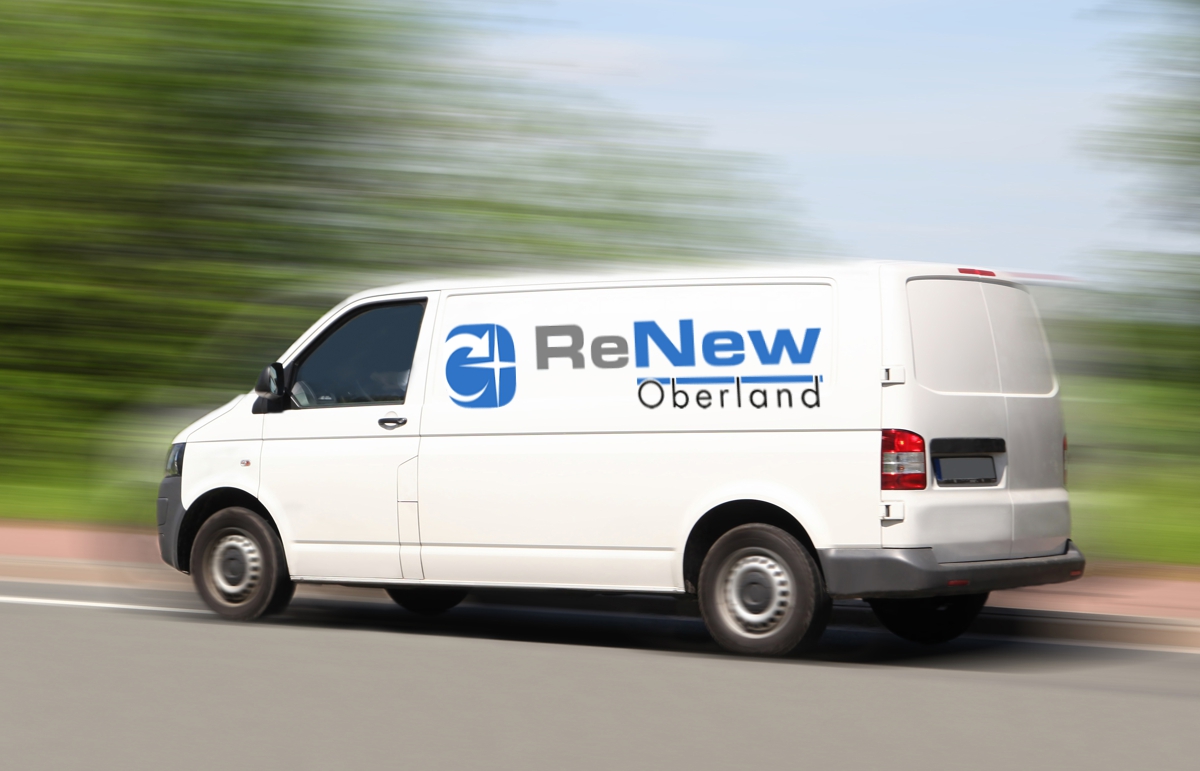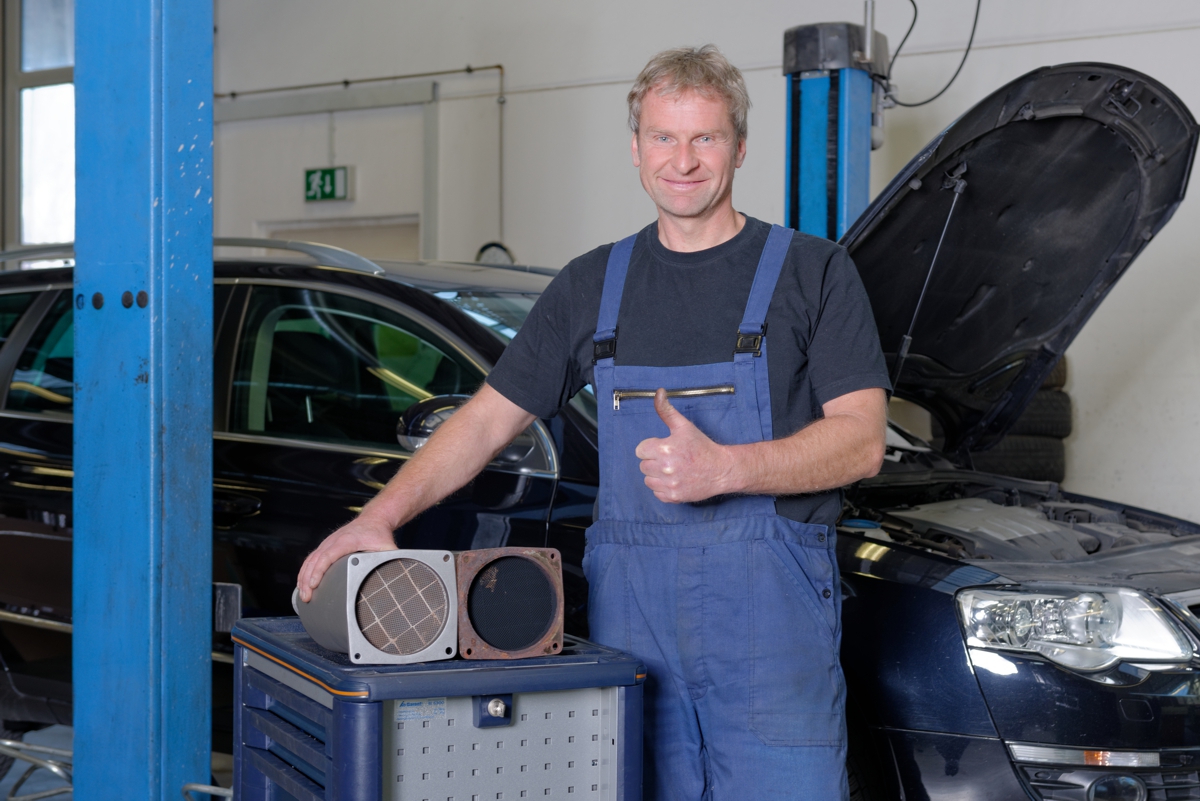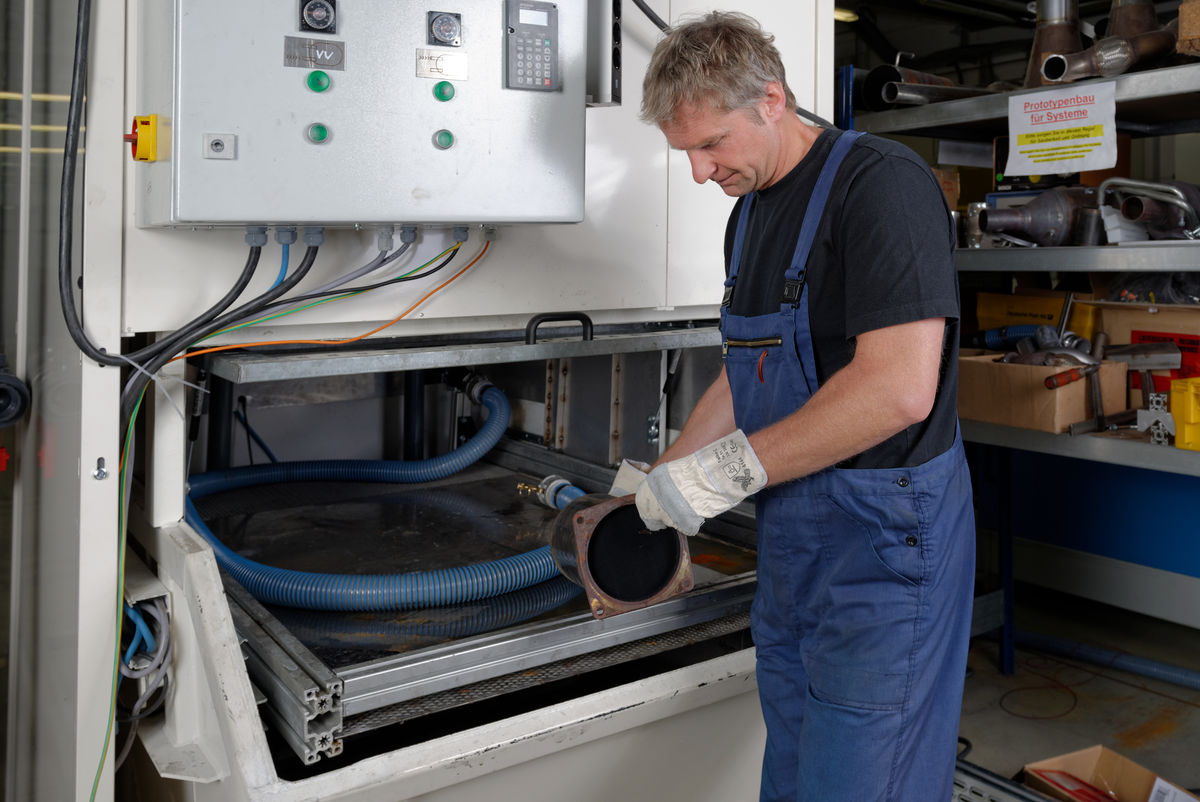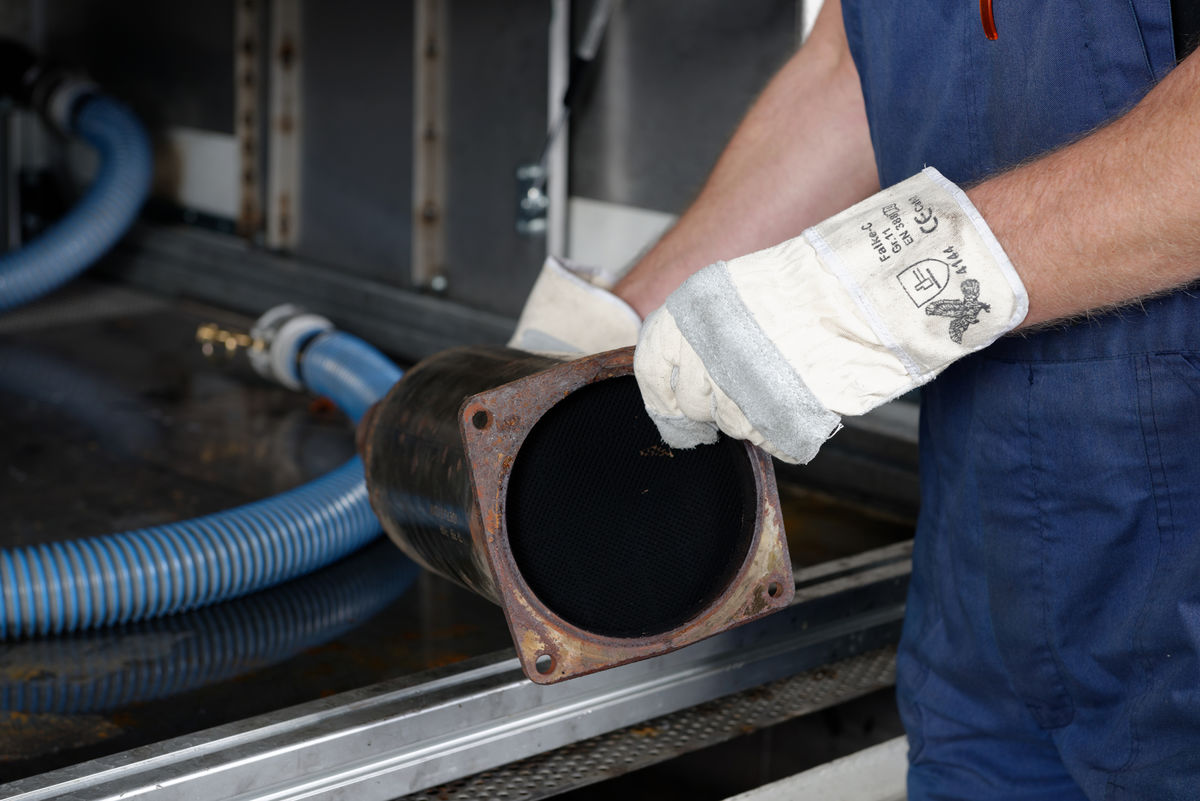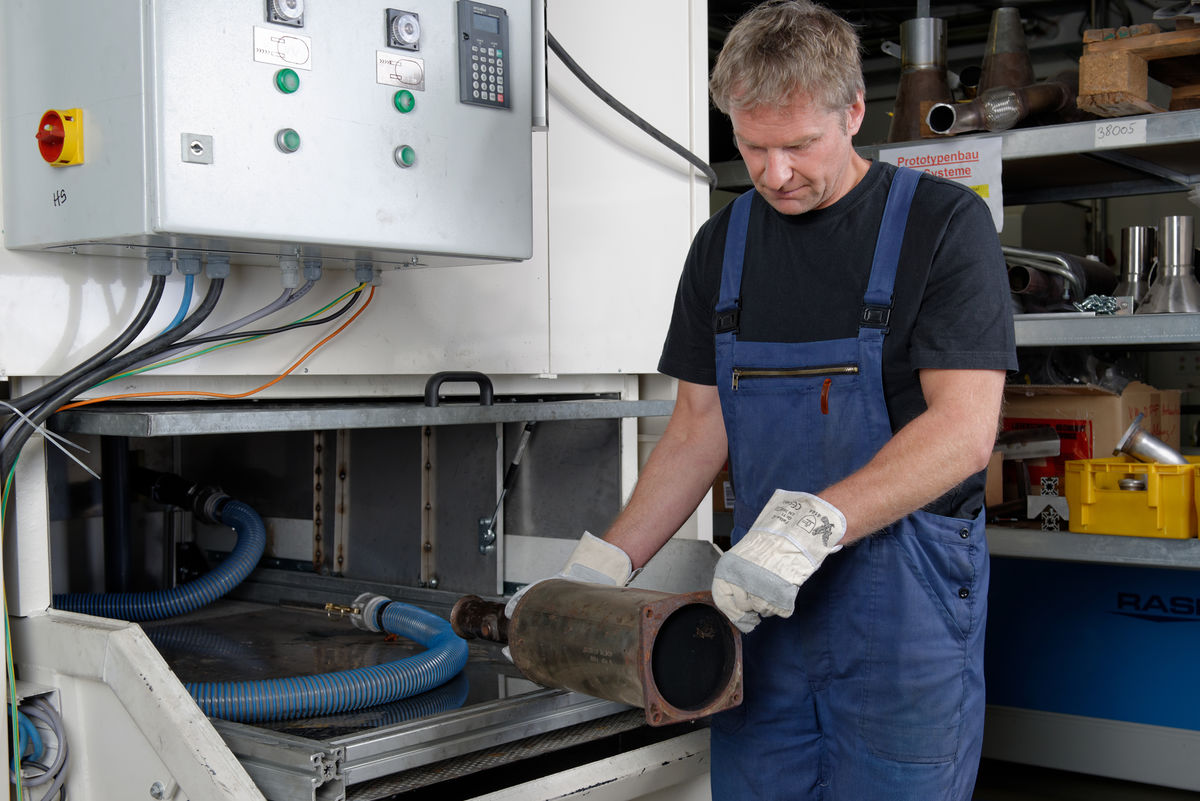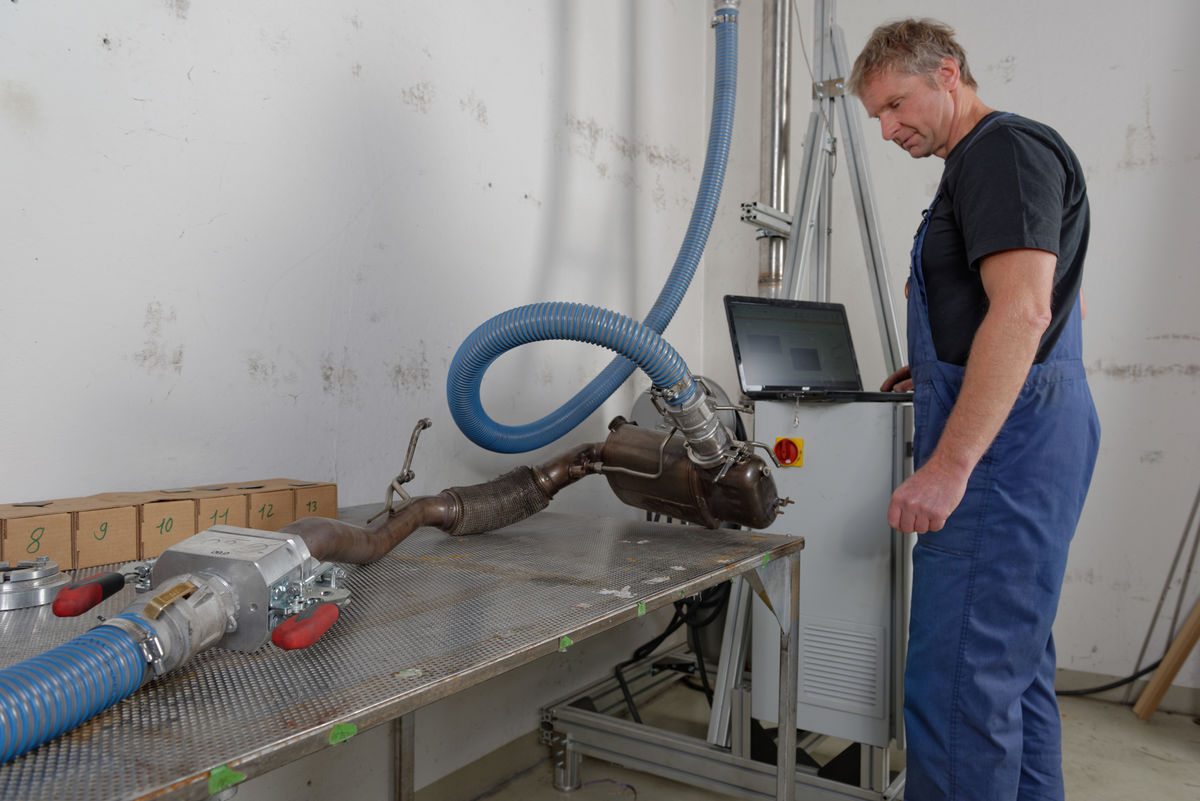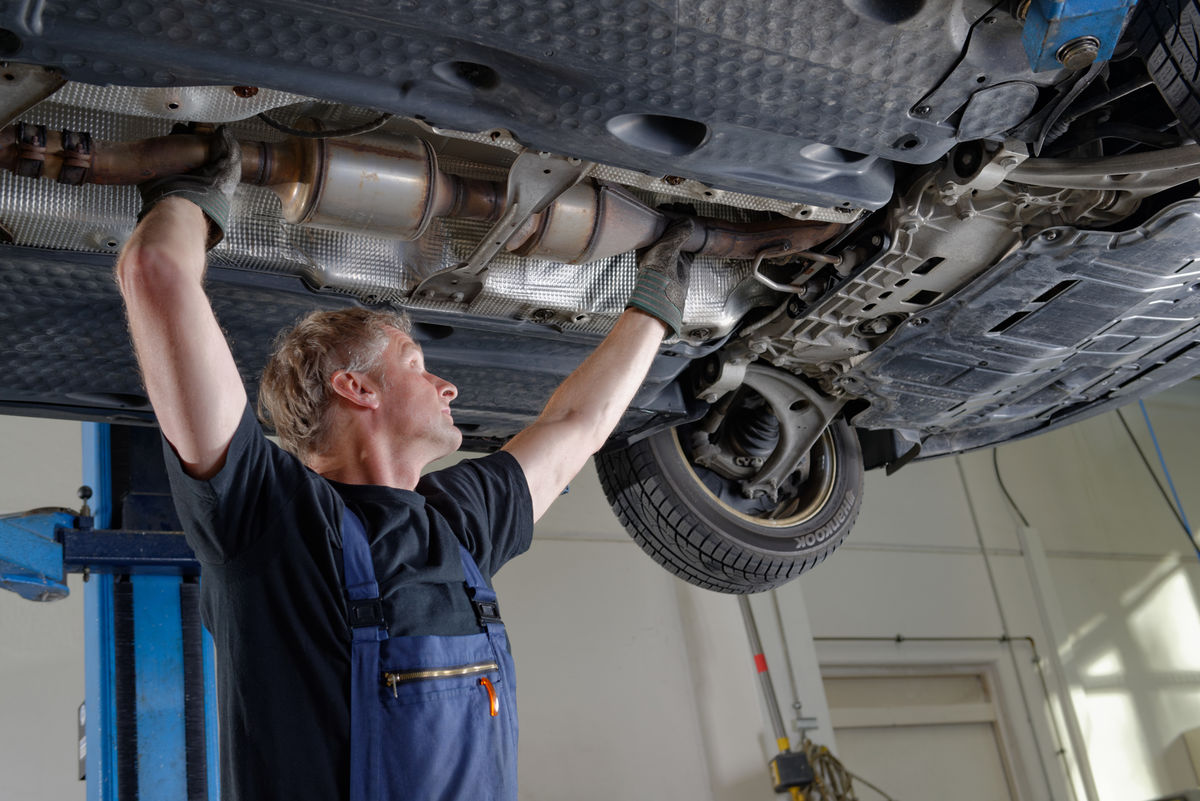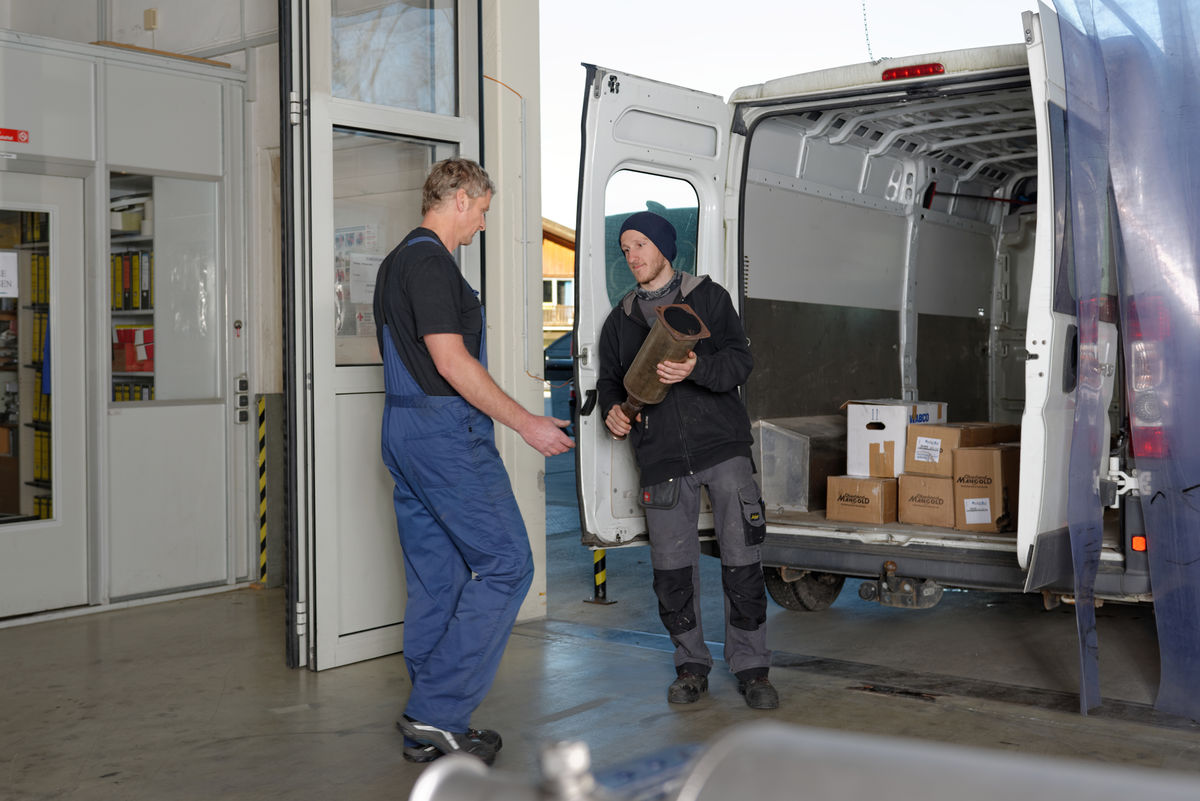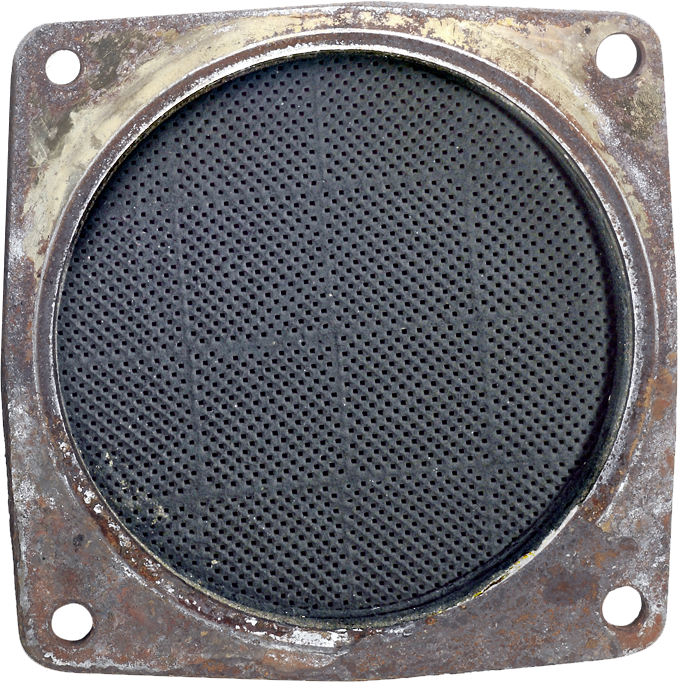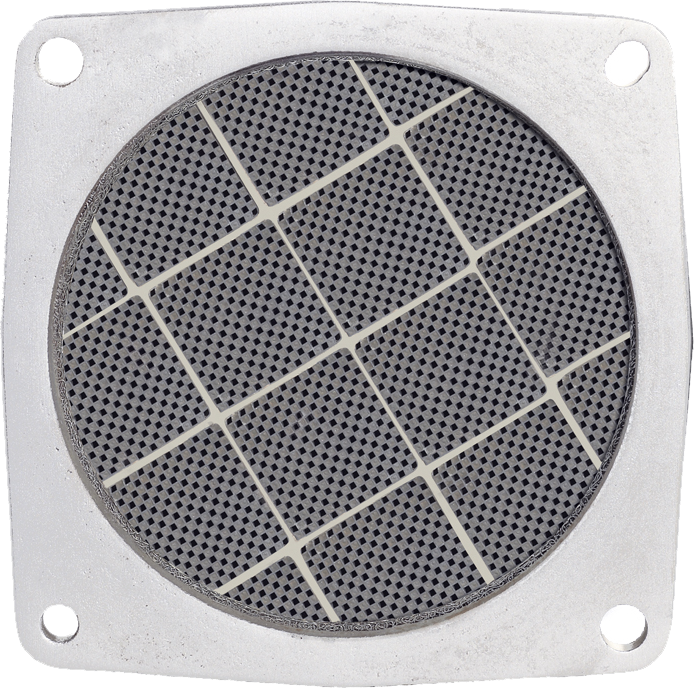Have any questions?
+44 1234 567 890
DPF cleaning
DPF cleaning
Soot particles result from the combustion in a diesel engine. These are small microscopic carbon particles with a diameter significantly below 0.05 µm. In their core, these consist of pure carbon, onto which attach different hydrocarbon compounds as well as metal oxides and sulphur.
The soot particles emitted from diesel engine combustion have been classified as carcinogenic by the WHO since June 2012. For environmental and health reasons these and other combustion residues from engines must not make their way into the air.
This is why a diesel particulate filter is built into the exhaust system in modern diesel vehicles (usually from the exhaust emission standard Euro 4). This holds back the soot particles which are emitted by the engine. While driving, the embedded soot is then burned through interventions by the engine management systems.
However: Ash and metal oxides remain in the diesel particulate filter. Over time, they block the fine pores of the filter and reduce the loading capacity. The result is a continuously increasing exhaust gas back pressure. This increases fuel consumption, reduces the engine output and increases emissions.
The critical mileages
- After 120,000 km for passenger cars
- Between 150,000 km and 400,000 km for utility vehicles
- Between 1,000 and 2,000 operating hours for mobile machines and equipment
It is usually necessary to replace the filter once this mileage is reached. This usually costs several thousand euros.
The economical alternative: Reconditioning
Oberland Mangold has developed an effective and gentle cleaning process, which almost entirely removes the embedded soot and ash residues from the filter. You can see and count on the advantages:
- The original quality is maintained. The high quality original diesel particulate filter is still used.
- Up to 70% in savings compared to purchasing a new filter.
- Effectiveness. The cleaned filter is as good as a new one.
- Improved NO₂ performance. Less exhaust gas back pressure. Less fuel consumption.
- Optimal engine output.
- Efficiency. The filter usually lasts for the vehicle's lifetime.
"100% cleaning quality" Made by Oberland
Passenger car
Passenger car DPF cleaning
Cleaning the diesel particulate filter is much more economical than buying a new one.
Diesel particulate filters of passenger cars are a real challenge when it comes to cleaning. While the filter can usually be removed in utility vehicles and construction machines as a modular system and is freely accessible for cleaning, piping is welded on in front of and behind the filter in passenger cars This makes the filter substrate difficult to access for cleaning.
Oberland Mangold has developed a gentle cleaning process that removes almost all of the embedded soot particles and especially also the ash residues. With this new procedure, it is no longer necessary to remove pipes and parts of the housing in order to make the filter directly accessible for cleaning.
How long does a diesel particulate filter last in a passenger car?
Between 120,000 km and 180,000 km. The diesel exhaust particles are almost entirely regenerated during normal driving operation. The ash, however, irreversibly accumulates in the filter. Combustion residue from engine oil, additives and diesel fuel remain in the filter permanently. Over time, the proportion of ash continuously increases.
When driving mostly in cities, it may happen that the embedded carbon-particulate matter can no longer be regenerated via active measures in engine management so that the filter can become clogged with sooty particles.
The engine electronics usually report a full filter in the instrument display. Depending on the model, the vehicle then actually only runs in an emergency programme if the warning signal is ignored.
Utility vehicle
Utility vehicle DPF cleaning
Cleaning the diesel particulate filter of light utility vehicles.
Diesel particulate filters of light utility vehicles and vans are a real challenge when it comes to cleaning. While the filter can usually be removed in utility vehicles and construction machines as a modular system and is freely accessible for cleaning, piping is welded on in front of and behind the filter in passenger cars This makes the filter substrate difficult to access for cleaning.
Oberland Mangold has developed a gentle cleaning process that removes almost all of the embedded soot particles and especially also the ash residues. With this new procedure, it is no longer necessary to remove pipes and parts of the housing in order to make the filter directly accessible for cleaning.
How long does a diesel particulate filter last in a van?
Diesel particulate filters (DPF) of light utility vehicles and vans up to 3.5 tonnes are often heavily used in the everyday operation of the vehicle. Especially in distribution transport, i.e. the delivery of goods and services in city centres, the soot particles embedded in the diesel particulate filter are usually not sufficiently regenerated. The reason for this is that the exhaust temperatures are too low. This is caused by driving in city traffic at low speeds. The required 250°C is rarely reached in the exhaust gas, which is required for a continuous self-combustion of the embedded soot particles. The result is a diesel particulate filter overloaded with soot and ash with all of the negative consequences.
result
The result can be seen.
- The original quality is maintained. The high quality original diesel particulate filter is still used.
- Up to 70% in savings compared to purchasing a new filter.
- Effectiveness. The cleaned filter is as good as new.
- Improved NO₂ performance. Less exhaust gas back pressure. Less fuel consumption.
- Optimal engine output.
- Efficiency. The filter usually lasts for the vehicle's lifetime.
The following signs are typical of a diesel particulate filter overloaded with soot and ash:
- Higher fuel consumption
- Lower engine output
- Fault / vehicles go into emergency operation. As a result, often very expensive damage to the engine and turbocharger
- Consequential damage to the filter due to thermal overload
The workshop usually replaces the original diesel particulate filter with a new filter. This can be expensive, because an original replacement costs between EUR 1,000 and 2,500 depending on the vehicle model. Now there is a much more cost-effective solution:
